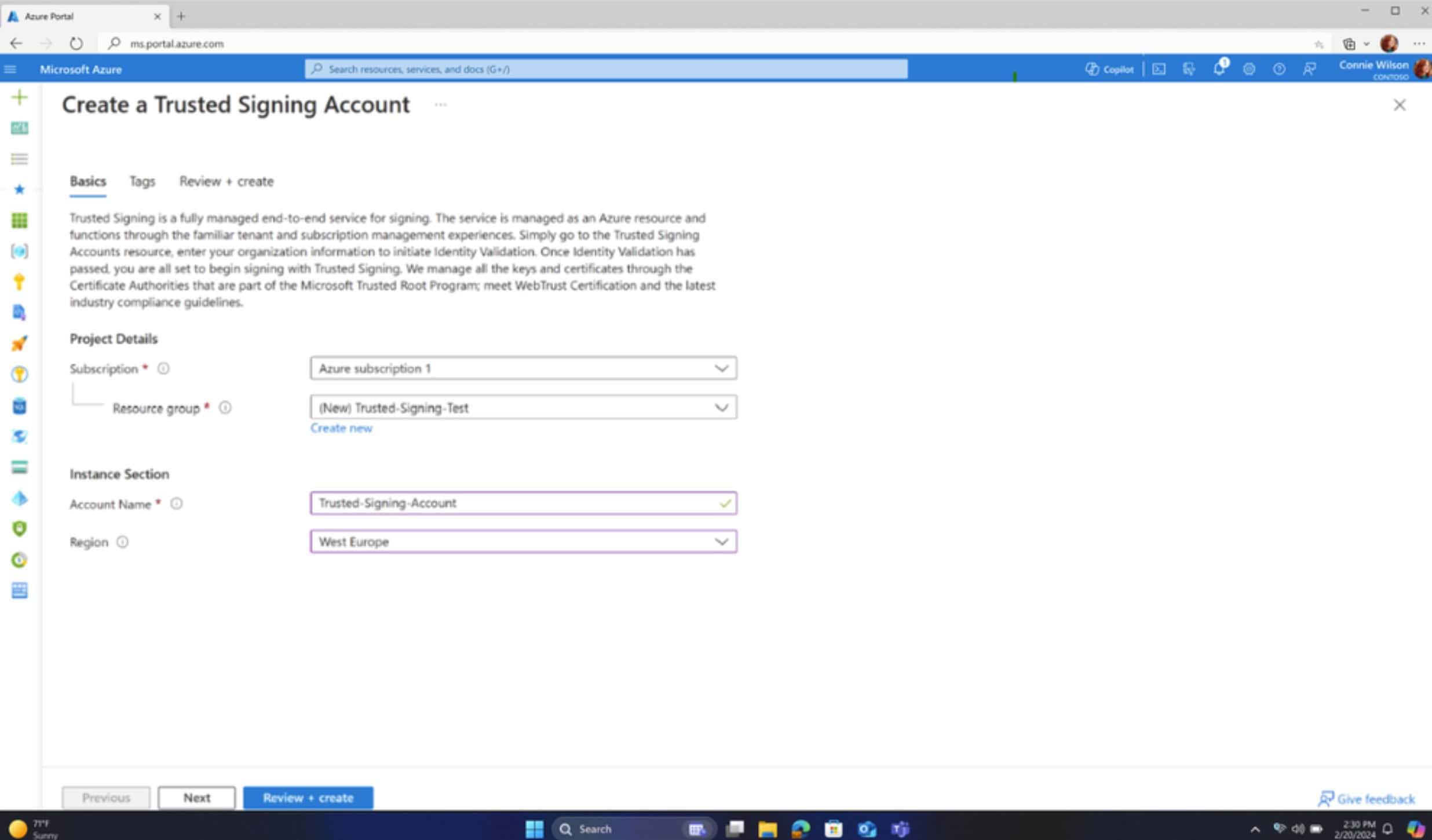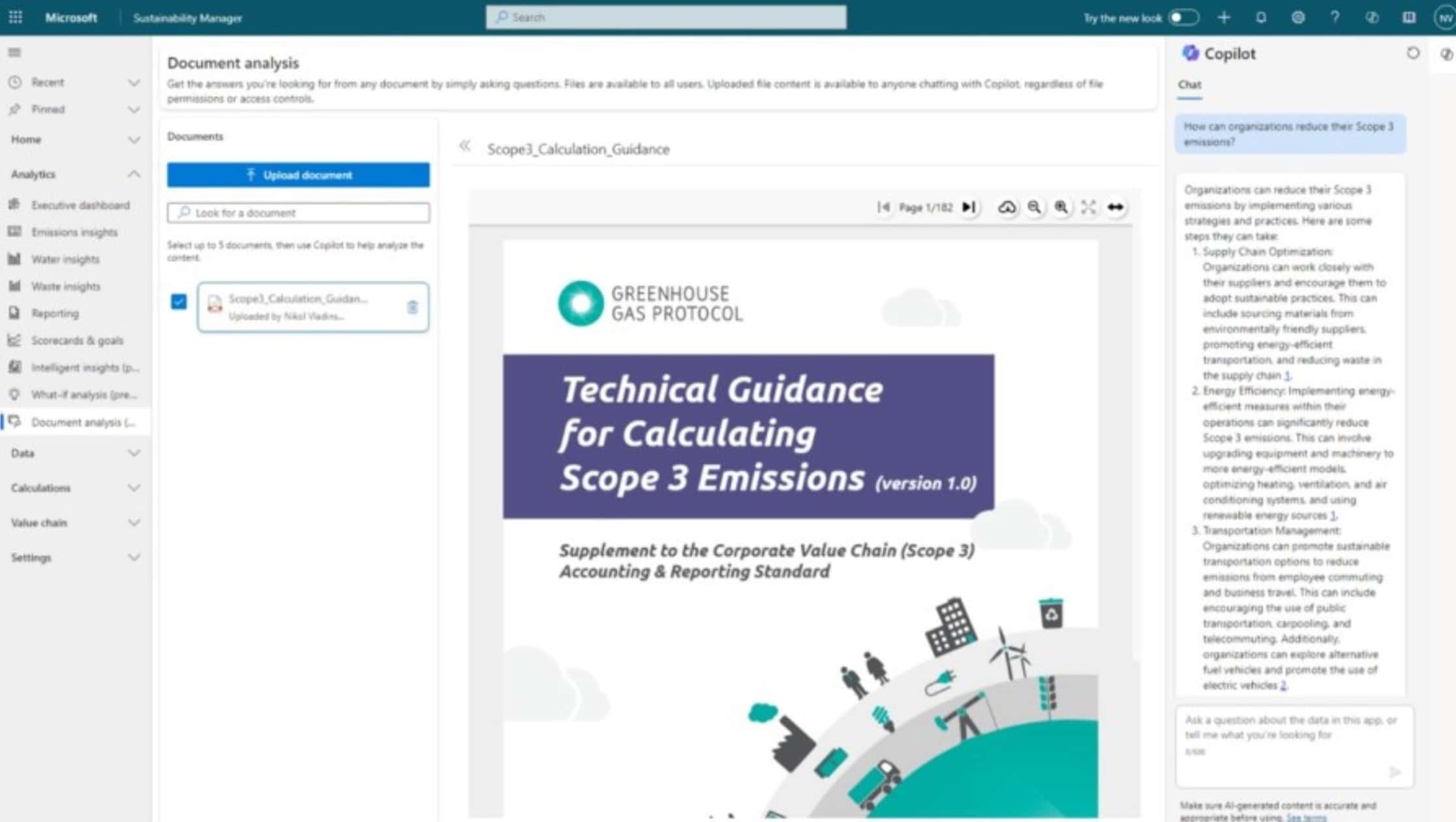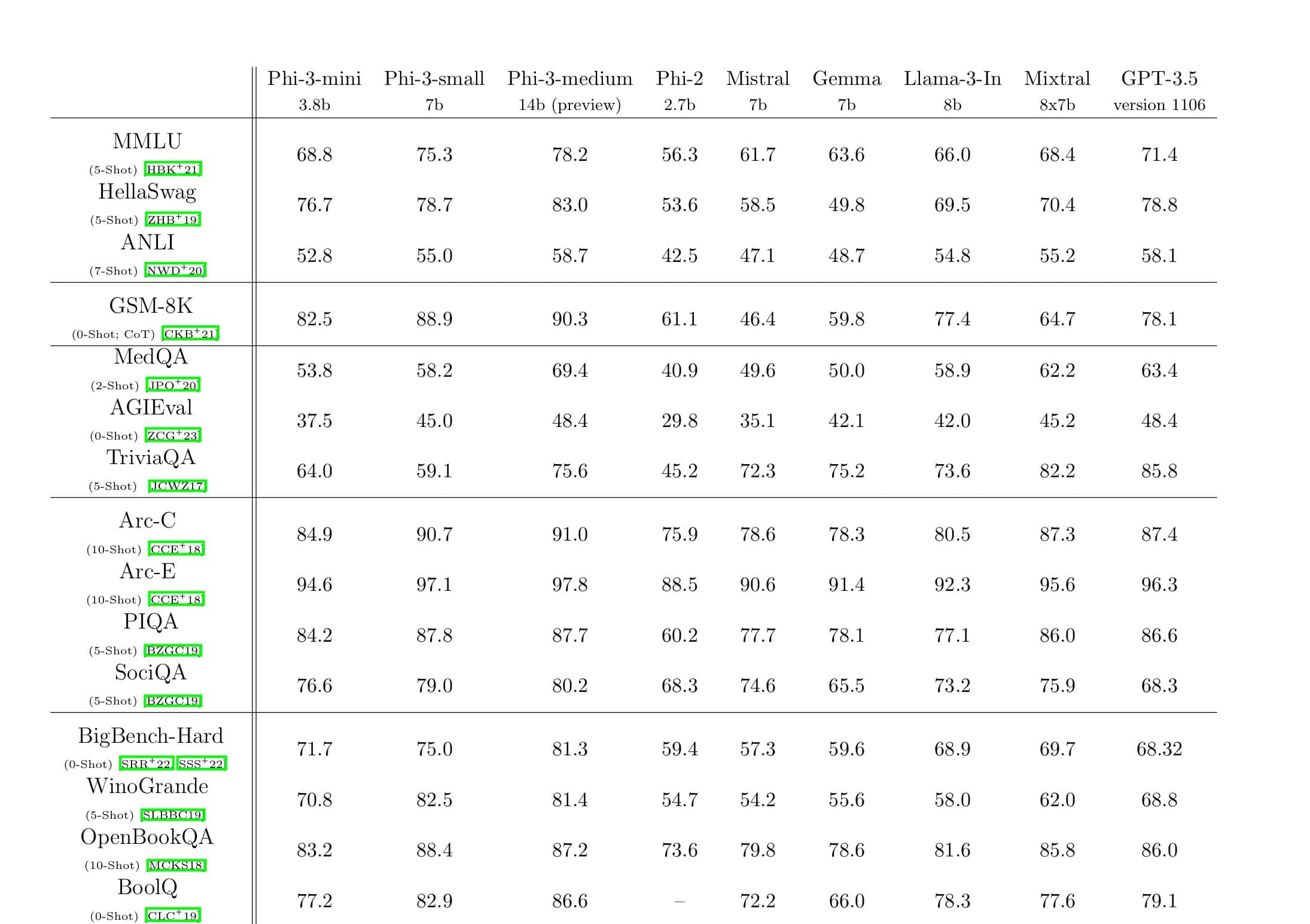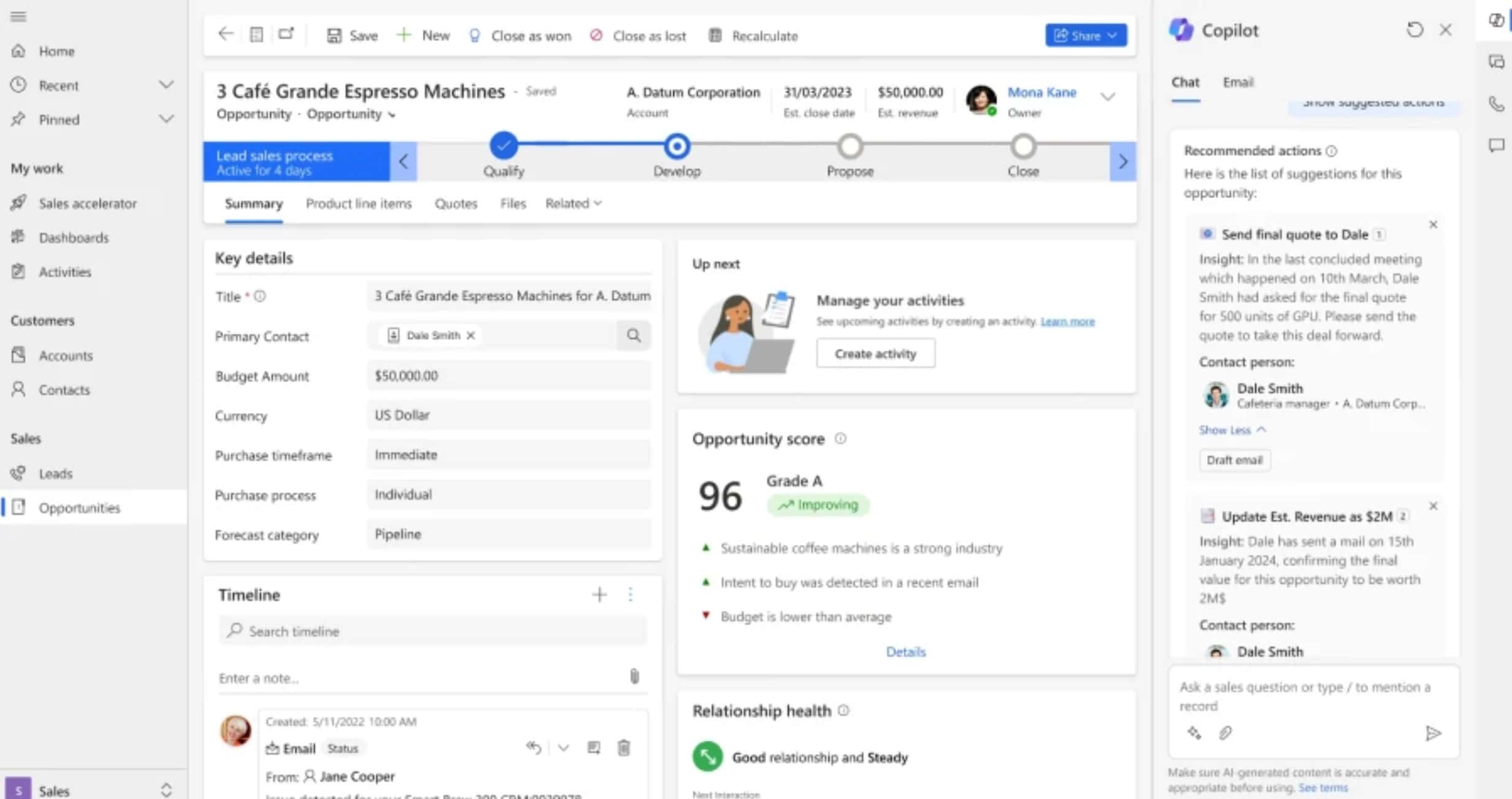Microsoft Helps Provide Broadband In South Africa Using "White Spaces"
3 min. read
Published on
Read our disclosure page to find out how can you help MSPoweruser sustain the editorial team Read more
Microsoft has launched a pilot project in the rural Limpopo province of South Africa that aims to deliver high-speed and affordable broadband to underserved communities using so-called “white spaces” technology. The focus of the pilot will be to prove that TV white spaces can be used to meet the South African government’s goals of providing low-cost access for a majority of South Africans by 2020. The pilot is a joint effort between Microsoft, the Council for Scientific and Industrial Research, the University of Limpopo and local network builder Multisource. It will use TV white spaces and solar-powered base stations to provide low-cost wireless broadband access to five secondary schools in remote parts of the Limpopo province. The project will use the University of Limpopo as a hub for a white space network deployment that will provide nearby schools in local communities with wireless connectivity. The project will also provide each of the five schools with Windows-based tablets, projectors, teacher laptops and training, education-related content, solar panels for device charging where there is no access to electricity, and other support.
Launching the pilot project at the start of the National Science Week in Polokwane, Mteto Nyati, managing director of Microsoft SA, said the project was initiated as part of the Microsoft 4Afrika Initiative, which aims to provide access, skills development and innovation opportunities to young people and entrepreneurs across the continent.
“Technology holds enormous potential for many aspects of development, but it is particularly key to areas such as education and healthcare. Broadband Internet access is therefore crucial to giving learners the 21st century skills they need to find jobs and participate in the economy,” Nyati said. “However, affordability remains a formidable barrier to broadband access in many parts of South Africa. Reducing the cost of broadband access means millions more South Africans will get online. This will create new opportunities for education, healthcare, commerce and the delivery of government services across the country.”
One of the goals of the 4Afrika Initiative is to accelerate economic development in Africa. Some other benefits of this project include.
- The development of 21st century skills for employability
- Improved education outcomes through better access to resources and learning opportunities
- Personalized learning for learners
- Teacher professional development opportunities and access to other teachers across South Africa and globally
- Improved administration and management of education
Microsoft’s efforts to increase access to affordable broadband services using white space technology have spanned the globe, including pilots completed or underway in Kenya, Tanzania, the U.K., Singapore and in the Philippines. In addition to these on-the-ground deployments, Microsoft is advocating for laws and regulations that promote more efficient and effective spectrum utilization as a member of the Dynamic Spectrum Alliance, a global organization launched in Singapore last month
Source: Microsoft








